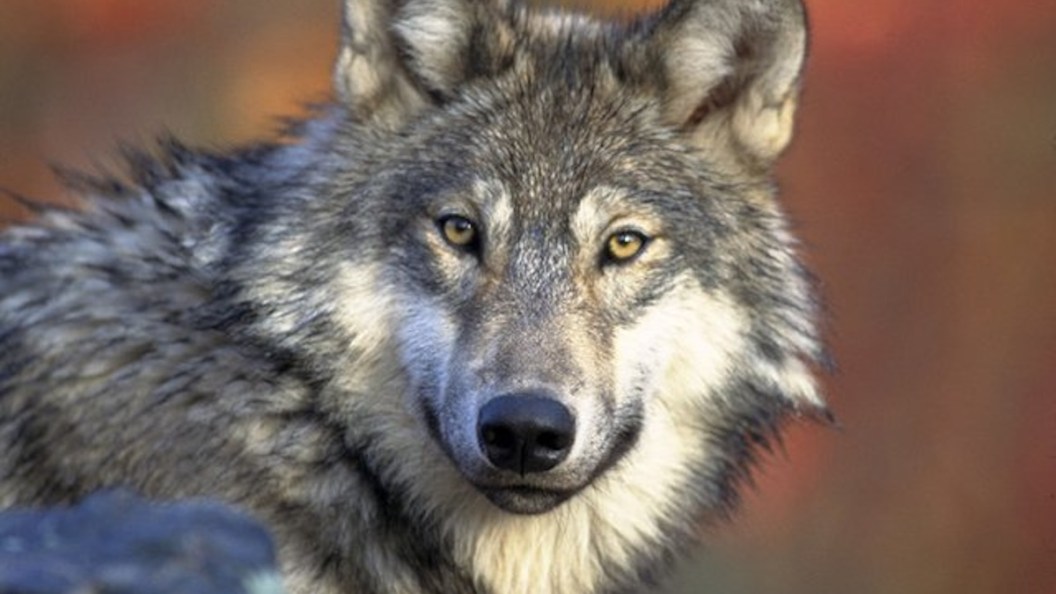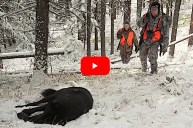A group of animal rights groups this week sued the U.S. Fish & Wildlife Service to restore protections for gray wolves in the Northern Rocky Mountain area under the Endangered Species Act.
In a statement, Collette Adkins, carnivore conservation program director at the Center for Biological Diversity, described the Service as "thumbing its nose at the Endangered Species Act and letting wolf-hating states sabotage decades of recovery efforts. It's heartbreaking and it has to stop."
Along with the Center for Biological Diversity, the Humane Society, the Human Society's legal fund, and the Sierra Club were listed as plaintiffs in the lawsuit, which was filed in a Montana federal court on April 8.
According to the complaint, the lawsuit comes after the federal agency declined a petition filed in 2021 arguing that without federal protections states in the area would permit "rampant wolf killing."
Nick Gevock, a field organizer for the Sierra Club, explained that since wolves were delisted in 2020, Montana, Wyoming, and Idaho have been acting "like it's 1880 with the most radical and unethical methods to kill as many wolves as possible in an effort to manage for bare minimum numbers."
Under state law, Montana allows the use of bait and snares to hunt gray wolves, Idaho eliminated bag limits and allows hunters to hunt from vehicles, and Wyoming designated certain areas of the state "predatory animals zones" so wolves can be killed at any time and in nearly any manner.
Most recently, there's been a public outcry over a Wyoming man who hit a wolf with a snowmobile before allegedly torturing and killing it. Although state lawmakers and Wyoming citizens have all criticized the man's cruel behavior, officials say they cannot charge the man beyond a $250 ticket.
In the lawsuit, the groups argue that without protections the region's modest wolf population — some 2,534 — could be reduced to as few as 667.




